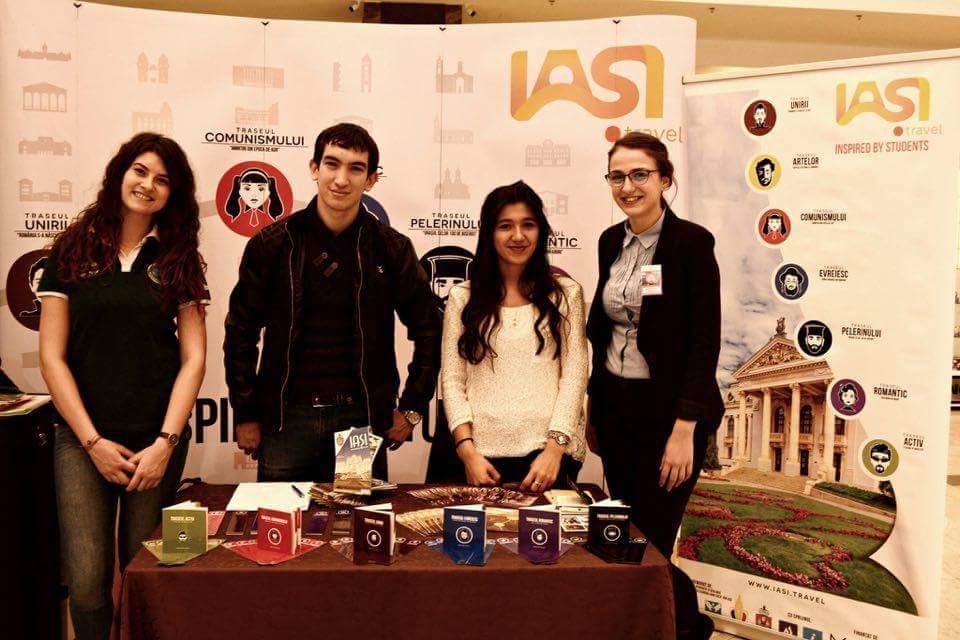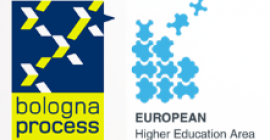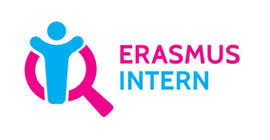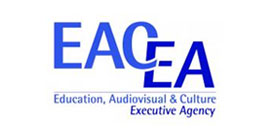Erasmus+ stories
Bukhara State University
Sarvinoz Toyirova
Alexandru Ioan Cuza University of Iasi, Romania
Erasmus+ ICM, Tourism (20.02.2017-18.06.2017)
Modern educational systems in many countries are characterized by a high level of internationalization of education. In the scientific and educational literature, the concept of internationalization of education has several substitute synonyms, each of which, in our opinion, expresses certain shades of this concept: the global market of educational services, global universities or transnational education.
The internationalization of education is not only in the mutual exchange of students or in the signing of agreements on scientific cooperation. It should be seen as a component that contributes to improving the quality and relevance of higher education.
The main goal of mobility is to give the student the opportunity to receive a diversified "European" education in the chosen field of study, to provide him with access to recognized centers of knowledge, where leading scientific schools were traditionally formed, to expand student knowledge in all areas of European culture.
The mobility of students and teachers is important not only in terms of developing and improving the employment opportunities of individual citizens, but also in terms of the development of universities, where mobility becomes an incentive to compare and update curricula, improve the quality of teaching, and improve the activities of international and student services. Mobility is useful not only for students, but also for the quality of higher education in general, as it contributes to the development of an internationalization strategy and has a positive impact on education systems (in particular, through the formation of recognition tools). In Europe, mobility has become an important catalyst for the reform of the higher education system.

The great advantage of this program is its internationality. On the first / second day of my stay in Romania, I met almost all of my classmates at a general event to mark the start of a new semester. Students came from different parts of the planet: Turkey, France, Germany, Spain, Russia, Italy, Latvia, Morocco, Serbia, Bosnia Herzegovina and others.
The lectures began on the second day of my stay in Romania. We studied subjects in our direction in a foreign language, namely: Business to business marketing, Product and brand management, Public finance, Auditing and financial controls, Romanian as a foreign language. At first, there was a difficulty in understanding terms in English, the education system and teaching methods were different. Classes included lecture and practical parts, as well as the implementation of various projects in small groups. Most of the teachers used Power Point presentations in their lectures. All information was available for self-study and repetition of the material covered. In addition to Erasmus students, lectures and workshops were attended by local students.
In our free time, we attended events, welcome and closing parties, excursions to various museums and historical cities with Erasmus students. It was very informative to attend an event called “Present your country” every week, where one could learn in detail about a country, starting with its ancient history, traditions and customs, attractions, national dishes and modern achievements.
The experience gained through participation in the Erasmus program has been invaluable in terms of developing my academic, professional and personal qualities. All the knowledge gained in the framework of the program I am now applying in my work. For me, Erasmus is a unique program that gives you the opportunity to broaden your horizons, shapes you as a person, teaches you to value diversity, enriches your life with new friends and travel, hardens you towards independence, teaches you to live in peace with other cultures and with yourself, as well as self-improvement and invaluable experience, which in turn significantly increases the chances of successful employment. Along with this, we also receive certificates with appropriate points, provided that we have mastered the entire training program of the chosen direction. Studying abroad on this program, I acquired an international and entrepreneurial mentality, professional responsibility and, in general, improved my level of education in many industries and spheres.

In conclusion, I would like to note the fact that international partnership in the current conditions is an obvious and mandatory condition for increasing the efficiency of higher professional education, and credit mobility increases the availability, quality and efficiency of education and is an important tool for creating a global educational environment and ensuring the mobility of human resources.









